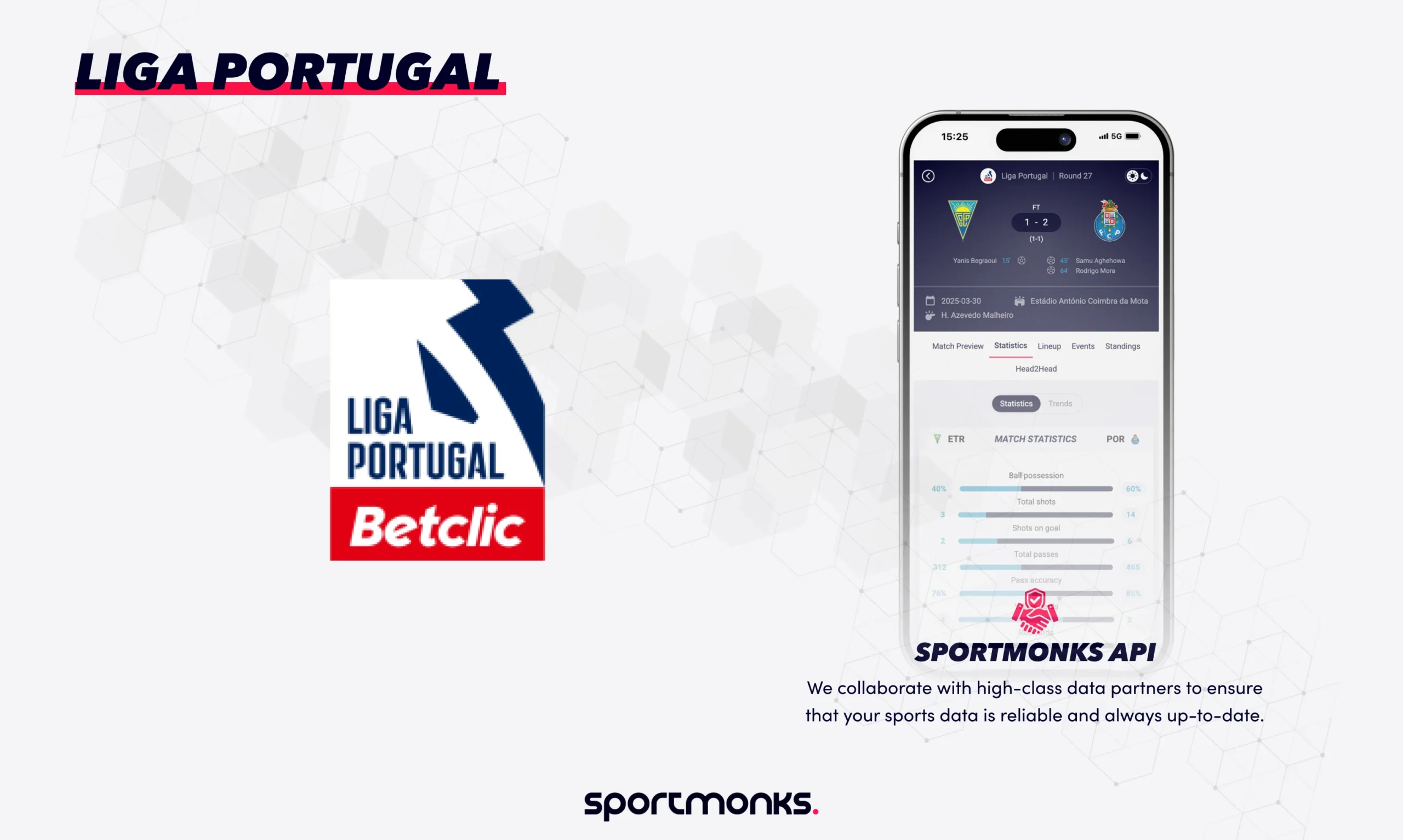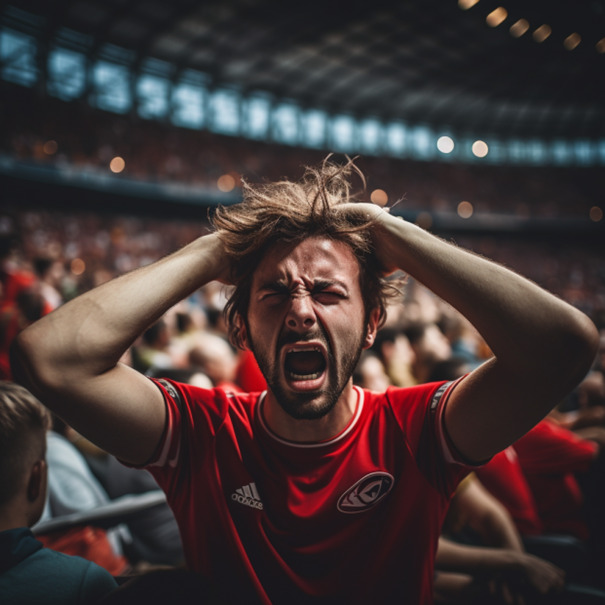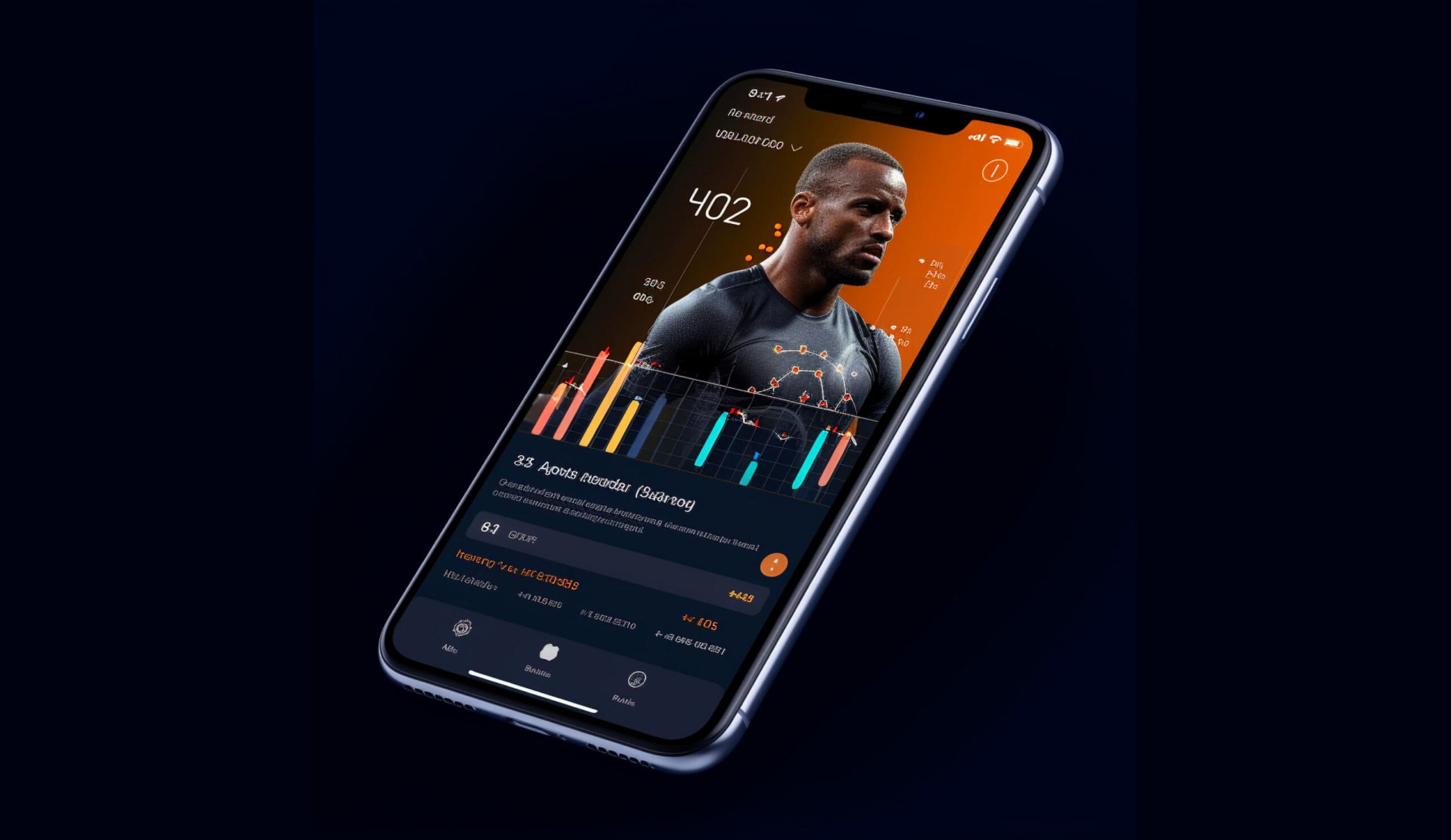
Contents
History of Liga Portugal
Organised football in Portugal began in the late 19th century, with the first official competition held in 1922. However, the professional league, as we know it today, was established in 1934 as Campeonato da Liga da Primeira Divisão.
Key milestones in Liga Portugal’s history
– 1922: The first official Portuguese football championship is held.
– 1934: The Campeonato da Liga da Primeira Divisão (the first division league) is founded, marking the beginning of the professional league.
– 1938-1946: World War II and its aftermath disrupt the league, with some seasons being incomplete or not played.
– 1940s-1950s: The emergence of the “Big Three” – Benfica, Sporting CP, and FC Porto – as the dominant forces in Portuguese football.
– 1960s: Benfica’s period of European success, winning the European Cup (now Champions League) in 1961 and 1962.
– 1980s-1990s: FC Porto’s rise to prominence, winning multiple league titles and the European Cup/Champions League in 1987 and 2004.
– 1999: The league is rebranded as Primeira Liga.
– 2008: The league is rebranded as Liga Sagres for sponsorship reasons.
– 2014: The league is rebranded as Liga NOS for sponsorship reasons.
– 2020/21: The league is rebranded as Liga Portugal
– 2023: The league is rebranded as Liga Portugal Betclic for sponsorship reasons.
Structure and format of Liga Portugal
Liga Portugal consists of 18 clubs that compete in a double round-robin format. This means each team plays every other team twice during the season—once at their home stadium and once at their opponent’s stadium—for a total of 34 matches. The season typically runs from August to May.
– Points system: Teams earn 3 points for a win, 1 point for a draw, and 0 points for a loss.
– League table: Teams are ranked in a league table based on their accumulated points. Tie-breakers, in order, are: head-to-head points, head-to-head goal difference, goals scored in head-to-head matches, overall goal difference, goals scored, fair play ranking
– European competitions qualification: The first and second-placed team in Liga Portugal qualify directly for the UEFA Champions League group stage. The third-placed team qualifies for the UEFA Champions League qualifying rounds. The fourth and fifth-placed teams qualify for the UEFA Europa League qualifying rounds. The Taça de Portugal (Portuguese domestic cup) winner also qualifies for the Europa League group stage. If the Taça de Portugal winner has already qualified for the Champions League, the Europa League group stage spot goes to the next best placed team in the league. The sixth-placed team qualifies for the UEFA Conference League Play-off round.
– Relegation: The bottom two teams in the league table at the end of the season are relegated to Liga Portugal 2 (the second tier of Portuguese football).
Key teams in Liga Portugal
Liga Portugal is historically dominated by the “Big Three”—Benfica, Sporting CP, and FC Porto. These clubs have won the vast majority of league titles and have consistently been the main contenders. However, other clubs have also played important roles in the league’s history and have occasionally challenged the established order.
The big three
– SL Benfica: Benfica is the most successful club in Liga Portugal history, with 38 league titles. They are known for their strong youth academy and have produced many world-class players like Angel Di Maria and Bernado Silva. They also have a rich history in European competitions, having won the European Cup (now Champions League) twice.
– FC Porto: FC Porto is another dominant force in Portuguese football, having won Liga Portugal 30 times. They are known for their tactical discipline (very notable during the Jose Mourinho Era in the early 2000s) and have also achieved significant success in European competitions, including winning the Champions League twice and the UEFA Europa League/UEFA Cup twice.
– Sporting CP (Sporting Lisbon): Sporting CP has won Liga Portugal 19 times. They are known for their strong youth academy, which has produced players like Cristiano Ronaldo and Luís Figo.
Other notable clubs
While the “Big Three” have dominated for much of Liga Portugal’s history, other clubs have had periods of success or have consistently competed at a high level:
– Boavista FC: Boavista achieved a historic feat by winning the league title in 2001, breaking the long-standing dominance of the “Big Three.”
– Vitória de Guimarães: Vitória de Guimarães has consistently been a contender for European spots and has a strong fanbase.
– SC Braga: Braga has also been a regular contender for European places in recent years and has reached the final of the Europa League.
Famous players in Liga Portugal
Liga Portugal has been a breeding ground for world-class talent, with many iconic players starting their careers or making significant contributions in the Portuguese league. From legendary figures to current stars, these players have enhanced Liga Portugal’s reputation and global appeal.
Iconic players of the past
– Eusébio (Benfica): Known as the “Black Panther,” Eusébio is considered one of the greatest footballers of all time. He was a prolific goalscorer and a key figure in Benfica’s success in the 1960s, including their two European Cup victories.
– Cristiano Ronaldo (Sporting CP): Arguably one of the greatest footballers of all time, Ronaldo started his professional career at Sporting CP before moving to Manchester United and Real Madrid thereafter to achieve global fame.
– Luís Figo (Sporting CP): Before becoming a global superstar at Barcelona and Real Madrid, Figo honed his skills at Sporting CP. He was known for his dribbling, crossing, and playmaking ability.
– Fernando Peyroteo (Sporting CP): Peyroteo is one of the all-time top goalscorers in Portuguese football history. He was a prolific striker for Sporting CP and a key figure in their success in the 1940s and 1950s.
– Mário Coluna (Benfica): A highly influential midfielder, Coluna was the captain of Benfica’s successful team in the 1960s. He was known for his leadership, vision, and passing ability.
– João Pinto (Boavista, Sporting CP, Benfica): A highly skilled and versatile forward, João Pinto played for all three of the “Big Three” clubs and was a key player for Portugal’s national team.
Current stars
It’s important to note that the nature of Liga Portugal as a development league means stars often move on quickly. However, here are some of the current prominent players making an impact in the league as of the current season (2024/25):
– Viktor Gyökeres (Sporting CP): A powerful and prolific Swedish striker, Gyökeres is making a name for himself at Sporting CP after his transfer from Coventry City. His physical presence and goal scoring stats make him a key player and transfer target for other teams.
– Pedro Gonçalves (Sporting CP): Known as “Pote,” Gonçalves is a creative and technically gifted attacking midfielder for Sporting CP. He is known for his dribbling, passing, and ability to score from midfield.
– João Neves (Benfica): A highly promising young midfielder from Benfica’s academy. He is considered one of the brightest prospects in Portuguese football.
– Orkun Kökçü (Benfica): A talented Turkish international midfielder who recently joined Benfica. He brings creativity and experience to the midfield.
– Mehdi Taremi (FC Porto): An experienced Iranian striker known for his intelligent movement and finishing ability. He has been a consistent goalscorer for Porto.
– Evanilson (FC Porto): A young and dynamic Brazilian forward, Evanilson is showing great potential at Porto with his pace and finishing.
Liga Portugal as a development league
Liga Portugal might not be the first league that comes to mind when you think of European football, but it has a big impact on the global game. It’s become an important stepping stone for young players, especially those from South America and Africa, who dream of making it big in Europe’s top leagues.
A launchpad for global stars
Many players have used Liga Portugal as a launchpad for their careers before making big-money moves to clubs in the Premier League, La Liga, Serie A, or the Bundesliga.
Key examples of development and transfers
– Cristiano Ronaldo (Sporting CP to Manchester United): This is perhaps the most famous example. Ronaldo’s early performances at Sporting CP caught the attention of Manchester United, launching his global career.
– Luís Figo (Sporting CP to Barcelona): Figo’s development at Sporting CP led to a high-profile transfer to Barcelona, where he became one of the world’s best players.
– João Félix (Benfica to Atlético Madrid): Benfica’s successful development of João Félix resulted in a €126 million transfer to Atlético Madrid, one of the most expensive transfers in football history.
– Rúben Dias (Benfica to Manchester City): Dias’s impressive performances at Benfica earned him a move to Manchester City, where he has become a key player in their defence.
– Ederson (Rio Ave, Benfica to Manchester City): Ederson’s time in Portugal, especially at Benfica, helped him develop into one of the world’s top goalkeepers, leading to his transfer to Manchester City.
– Bruno Fernandes (Sporting CP to Manchester United): Before his move to Manchester United, Fernandes was a key player for Sporting CP, showcasing his goal-scoring and playmaking ability.
– Darwin Núñez (Benfica to Liverpool): Núñez’s prolific season at Benfica resulted in a high-profile transfer to Liverpool.
Impact on Liga Portugal clubs
This role as a development league has both pros and cons for Portuguese clubs, such as:
– The money from selling players: One of the biggest pluses is the money they make from selling players to bigger leagues. These transfer fees can be massive, giving clubs a big financial boost. This money helps them pay for things like better stadiums, improved training grounds for young players, and finding new talent. This is especially important for clubs outside the “Big Three” (Benfica, Porto, and Sporting CP), who don’t have the same huge budgets.
– The difficulty of staying on top: But there’s a downside. If you keep selling your best players, it’s really hard to build a team that can consistently win trophies. It’s like a constant cycle: you find a great young player, they become a star, you sell them for a lot of money, and then you have to start all over again. This is a big reason why it’s tough for Liga Portugal to always be considered right up there with the very best leagues in Europe.
Finding and growing young talent
Portuguese clubs are really good at finding young talent, especially in South America and Africa. They have scouts who travel the world looking for promising players. They also spend money on their youth academies, which are training schools for young footballers. These academies give young players top-quality coaching and help them develop into professionals.
Important football data and Sportmonks coverage
Football data lights up Liga Portugal—it shows what’s really going on when the big games kick off. Sportmonks’ Football API has it all, giving fans, analysts, and app makers live updates and stats that are simple to use. You get goals, cards, and subs as Porto take on Sporting, plus ball possession and shots that tell you who’s running the field. It’s not just live—past seasons track Benfica’s title hauls or Braga’s European pushes. Player stats zoom in: goals, assists, total passes—like Gyökeres banging them in or Di María pulling the strings.
Sportmonks covers over 2,200 leagues, including Liga Portugal, with plans at €39 monthly for the European (27 leagues), €129 monthly for the Worldwide (111 leagues), or a custom-priced Enterprise for everything. Check Sportmonks Football API Plans and jump into the action.
FAQs about Liga Portugal
- The top two teams qualify directly for the UEFA Champions League group stage after the league phase has ended.
- The third team according to league standings enters the UEFA Champions League qualifying rounds.
- The fourth and fifth-placed teams enter the UEFA Europa League qualifying rounds.
- The Taça de Portugal (Portuguese Cup) winner qualifies for the UEFA Europa League group stage. If the cup winner has already qualified for the Champions League, the Europa League spot goes to the next best placed team in the league.
- The sixth-placed team qualifies for the UEFA Europa Conference League Play-off round.


